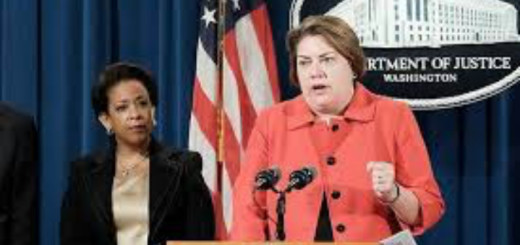Win-Wins: Looking for Business and Compliance Success
A Chief Compliance Officer who lacks working relationships with the business side of a company is like a day without sunshine. No matter how strong or finely tuned a compliance program is on paper – in practice, the success of a compliance program depends on acceptance and embrace by the business. I am always reminded of meeting a business manager in a company who told...























